Kobe-based yakuza group beckons trick-or-treating kids with cotton candy in Frozen bags at its criminal headquarters.
candy (Page 4)
Tirol Chocolate, also pronounced as Chiroru Choko in Japan, recently won over fans with their rather unconventional way of announcing that the company president was changing.
Designed to resemble traditional uchiwa fans, these exquisite lollipops are amongst the prettiest sweets in Tokyo.
Can this new wine and toasted cheese flavored gummy candy give connoisseurs a pocket-sized taste of the high life?
Nostalgic Japanese candy meets fragrant incense for a scent-sational retro treat that won’t rot your teeth or split your pants, but might burn a hole in your rug…
We all love candy, don’t we? But how would you feel about candy that, rather than tasting like peaches and cream, tastes like pork stock ramen soup?
‘Tis the season to eat Pocky! Celebrate Pocky Day with these amusing (and tantalizing) tweets from Japan!
Ah Halloween. After Christmas, it’s easily the best time of the year to be a kid. You get to dress up, scare people with your friends, and then best of all… go to your local organized crime branch to get a giant bag of candy.
Such has been the annual tradition on Halloween for children who visit the headquarters of the Japanese yakuza group Yamaguchi-gumi in Kobe. But this year, Halloween has had an “unfortunate accident” and been cancelled, meaning the mob will be handing out no candy.
Wait… what? Japanese mafia? Halloween candy? What do these things have in common? Read on to find out!
With the Japanese reverence for aesthetically pleasing food, it’s no surprise that candy crafting artisan Shinri Tezuka has made a name for himself with his fantastic sugar creations. As we reported previously, he has been in charge of his own shop, Asakusa Amezaiku Ameshin, since 2013, and is perhaps best known for his incredibly lifelike candy goldfish.
Since our last report, Tezuka has been so busy raising his profile by appearing on numerous Japanese television shows and at various events, he’s now been able to open up a second store, right underneath Tokyo Skytree!
Morinaga’s Hi-Chew is one of Japan’s favorite candies. Its popularity has spread across the world and you can often find different flavors of Hi-Chew at your local store. Fans have gone to great lengths to show their appreciation for the flavorful chewy snack over the years, including our Japanese team who once even created their own giant Hi-Chew, thus disproving the old adage that “bigger is better”.
Now, to celebrate the candy’s 40th anniversary, Morinaga is releasing some special new flavors and an extra-special version of their most popular flavor that will become the first refrigerated Hi-Chew in history.
Japan is well-known for its creative flavors when it comes to soda, snacks, and candy. Some are epically delicious. Others not so much. And this latest collaboration between Japanese candy company UHA and Hello Kitty’s Sanrio probably falls into the latter camp.
For those unaware, Sanrio has a wide variety of characters other than Hello Kitty, including KIRIMI-chan, a cute slice of sassy salted salmon. We’re not sure why an anthropomorphic fish fillet was chosen to be made into a UHA Puccho flavor, but it’s already happened so there’s nothing we can do but try it!
To see if this flavor is tasty or trash, we assigned our own brave RocketNews24 reporter P.K. Sanjun to try a few pieces for posterity. Does he savor the salty salmon goodness or does he spit it out? Read on to find out!
I don’t know about you, but eating fruit as a kid was kind of a chore. Sure, fruit tasted good, but candy tasted so much better. Now that I’m a fully-functioning adult, though, I eat fruit for fun and candy isn’t all that appealing any more.
But this handy device might help to make a lot of people’s childhoods much sweeter since it enables you to combine fruit and sweet, sweet candy into one treat. Behold: the banana-stuffer, aka “Sonna Choco Banana!”
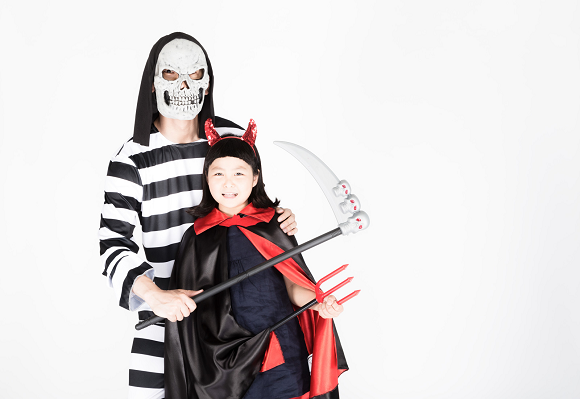
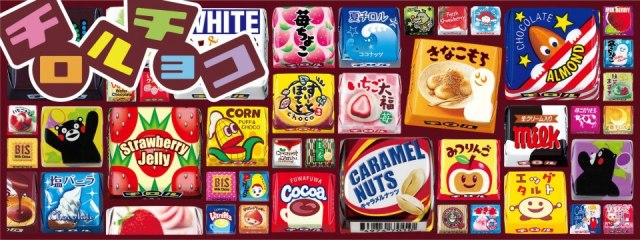
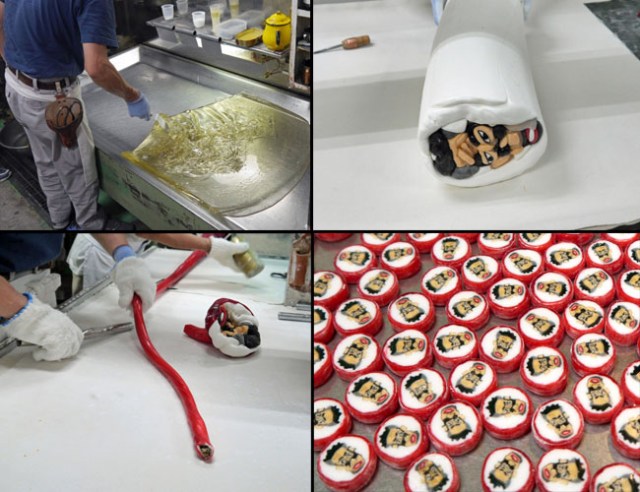

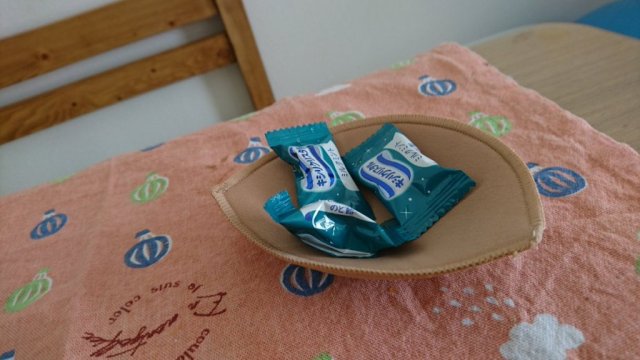
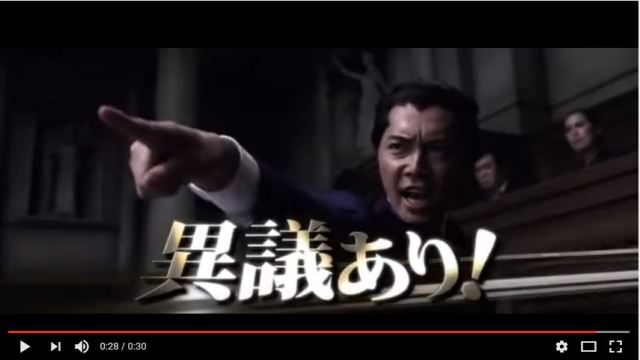
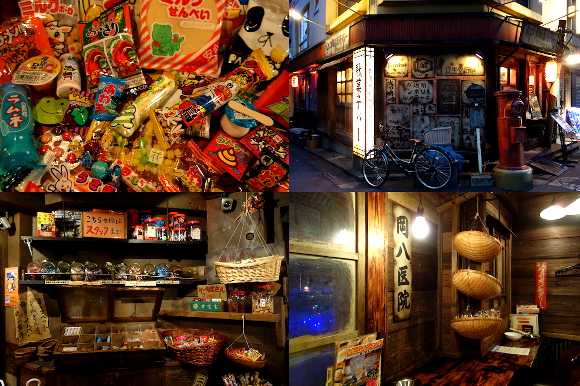
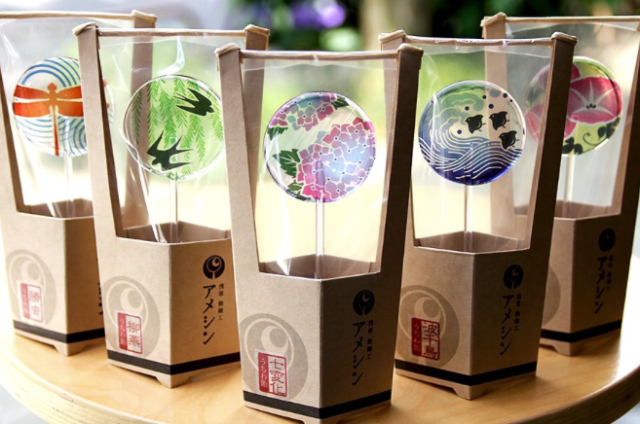
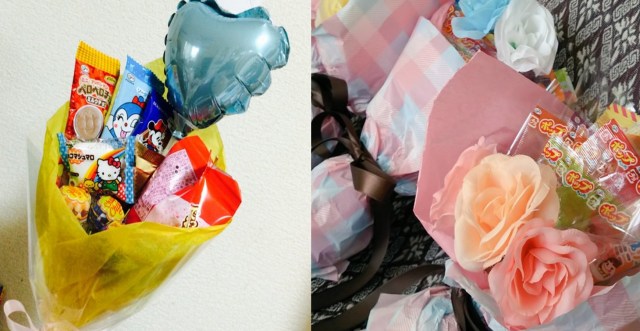

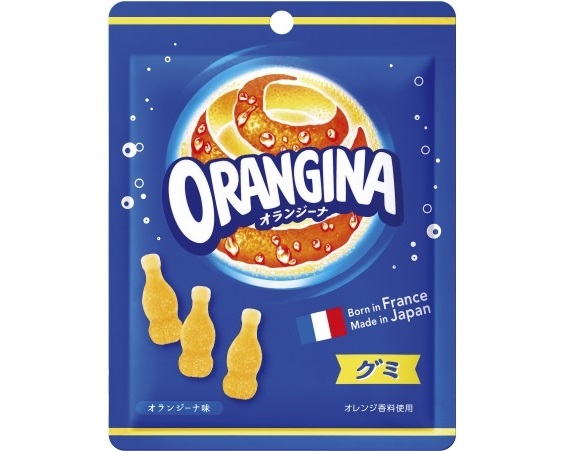
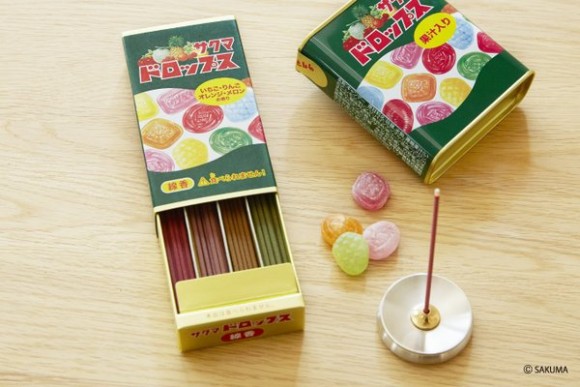
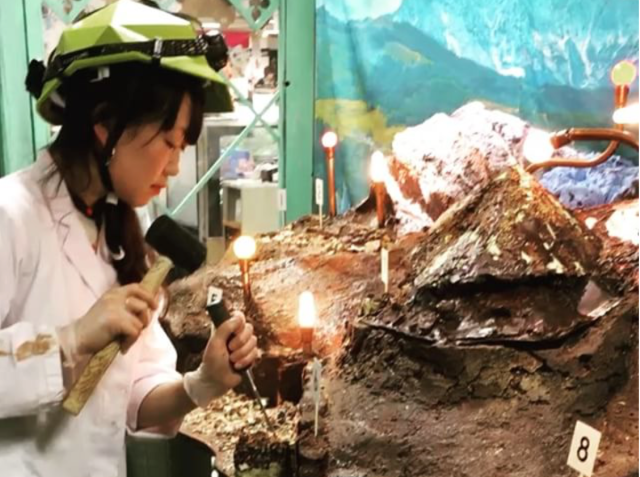
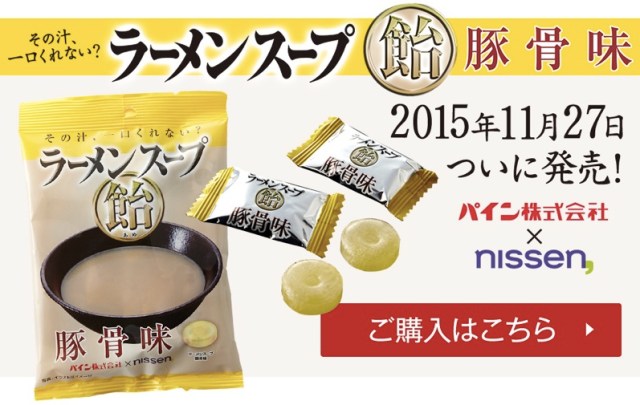
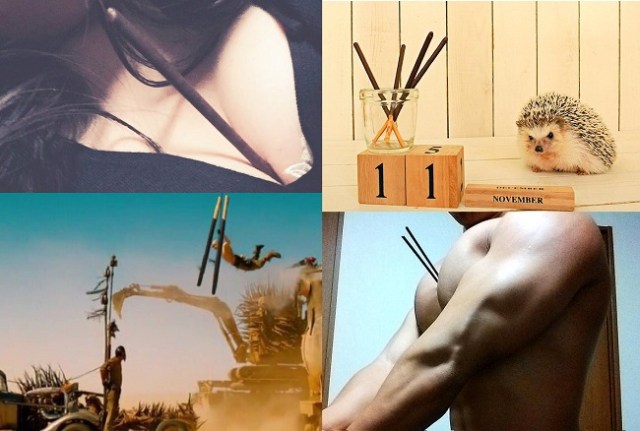
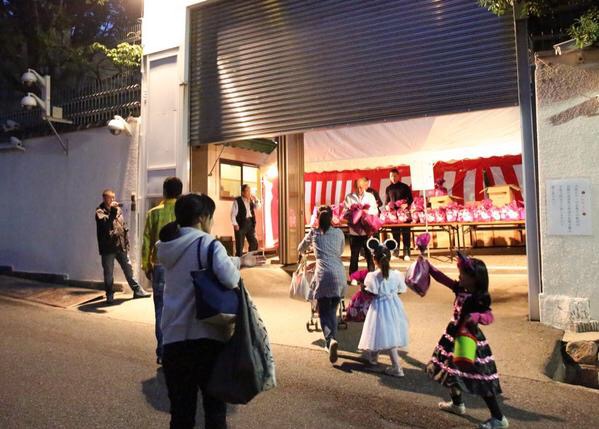
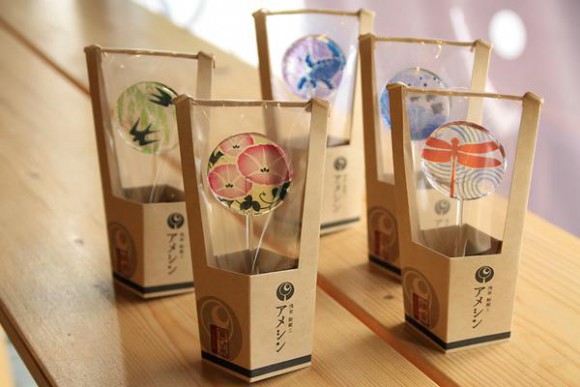

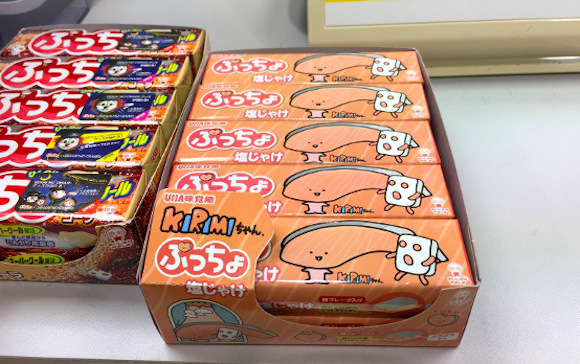
 Japan’s newest Shinkansen has no seats…or passengers [Video]
Japan’s newest Shinkansen has no seats…or passengers [Video] Foreigners accounting for over 80 percent of off-course skiers needing rescue in Japan’s Hokkaido
Foreigners accounting for over 80 percent of off-course skiers needing rescue in Japan’s Hokkaido Satisfy your sweet tooth with cheesecake and more all-you-can-eat sweets at Cheese Garden
Satisfy your sweet tooth with cheesecake and more all-you-can-eat sweets at Cheese Garden New Family Mart cinema opens inside Japanese airport
New Family Mart cinema opens inside Japanese airport Our reporter is willing to die on the pseudo-Italian restaurant Olive Hill
Our reporter is willing to die on the pseudo-Italian restaurant Olive Hill Japan’s most famous Mt. Fuji view park cancels cherry blossom festival because of overtourism
Japan’s most famous Mt. Fuji view park cancels cherry blossom festival because of overtourism New smartphone game turns car models into anime girls with model-worthy looks
New smartphone game turns car models into anime girls with model-worthy looks 420 million yen in cash-filled suitcases stolen on Tokyo streets, incidents at Haneda and Hong Kong follow
420 million yen in cash-filled suitcases stolen on Tokyo streets, incidents at Haneda and Hong Kong follow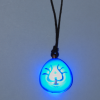 New Laputa amulet actually responds when you incant the anime’s magic spells
New Laputa amulet actually responds when you incant the anime’s magic spells Man arrested in Japan after leaving car in coin parking lot for six years, racking up three-million-yen bill
Man arrested in Japan after leaving car in coin parking lot for six years, racking up three-million-yen bill Is China’s don’t-go-to-Japan warning affecting the lines at a popular Tokyo gyukatsu restaurant?
Is China’s don’t-go-to-Japan warning affecting the lines at a popular Tokyo gyukatsu restaurant? Three beautiful places to see Japan’s plum blossoms after starting your day in downtown Tokyo
Three beautiful places to see Japan’s plum blossoms after starting your day in downtown Tokyo Downloads of 39-year-old Guns N’ Roses song increase 12,166 percent thanks to Gundam
Downloads of 39-year-old Guns N’ Roses song increase 12,166 percent thanks to Gundam A look back on 40 years of Japanese schools banning stuff
A look back on 40 years of Japanese schools banning stuff Take a trip to Japan’s Dododo Land, the most irritating place on Earth
Take a trip to Japan’s Dododo Land, the most irritating place on Earth Huge Evangelion Unit-01 head appearing in lights in Japan to celebrate anime’s 30th anniversary
Huge Evangelion Unit-01 head appearing in lights in Japan to celebrate anime’s 30th anniversary Starbucks Japan releases new drinkware and goods for Valentine’s Day
Starbucks Japan releases new drinkware and goods for Valentine’s Day Japan releases first official sakura cherry blossom forecast for 2026
Japan releases first official sakura cherry blossom forecast for 2026 Archfiend Hello Kitty appears as Sanrio launches new team-up with Yu-Gi-Oh【Pics】
Archfiend Hello Kitty appears as Sanrio launches new team-up with Yu-Gi-Oh【Pics】 China’s don’t-go-to-Japan warning looks to be affecting tourist crowds on Miyajima
China’s don’t-go-to-Japan warning looks to be affecting tourist crowds on Miyajima Studio Ghibli releases new “komorebi” plush toys from Princess Mononoke and Spirited Away
Studio Ghibli releases new “komorebi” plush toys from Princess Mononoke and Spirited Away Yokai are descending upon Tokyo this spring in the latest immersive art experience
Yokai are descending upon Tokyo this spring in the latest immersive art experience Japan’s Naruto theme park now offering real-world version of Minato’s kunai ninja weapon
Japan’s Naruto theme park now offering real-world version of Minato’s kunai ninja weapon New Studio Ghibli stamps leave an impression on your stationery…and your heart
New Studio Ghibli stamps leave an impression on your stationery…and your heart Survey asks foreign tourists what bothered them in Japan, more than half gave same answer
Survey asks foreign tourists what bothered them in Japan, more than half gave same answer Japan’s human washing machines will go on sale to general public, demos to be held in Tokyo
Japan’s human washing machines will go on sale to general public, demos to be held in Tokyo We deeply regret going into this tunnel on our walk in the mountains of Japan
We deeply regret going into this tunnel on our walk in the mountains of Japan Studio Ghibli releases Kodama forest spirits from Princess Mononoke to light up your home
Studio Ghibli releases Kodama forest spirits from Princess Mononoke to light up your home Major Japanese hotel chain says reservations via overseas booking sites may not be valid
Major Japanese hotel chain says reservations via overseas booking sites may not be valid Put sesame oil in your coffee? Japanese maker says it’s the best way to start your day【Taste test】
Put sesame oil in your coffee? Japanese maker says it’s the best way to start your day【Taste test】 No more using real katana for tourism activities, Japan’s National Police Agency says
No more using real katana for tourism activities, Japan’s National Police Agency says Starbucks Japan reveals new sakura drinkware collection, inspired by evening cherry blossoms
Starbucks Japan reveals new sakura drinkware collection, inspired by evening cherry blossoms Updated cherry blossom forecast shows extra-long sakura season for Japan this year
Updated cherry blossom forecast shows extra-long sakura season for Japan this year Japan’s most famous Mt. Fuji view park cancels cherry blossom festival because of overtourism
Japan’s most famous Mt. Fuji view park cancels cherry blossom festival because of overtourism New smartphone game turns car models into anime girls with model-worthy looks
New smartphone game turns car models into anime girls with model-worthy looks 420 million yen in cash-filled suitcases stolen on Tokyo streets, incidents at Haneda and Hong Kong follow
420 million yen in cash-filled suitcases stolen on Tokyo streets, incidents at Haneda and Hong Kong follow New Laputa amulet actually responds when you incant the anime’s magic spells
New Laputa amulet actually responds when you incant the anime’s magic spells Man arrested in Japan after leaving car in coin parking lot for six years, racking up three-million-yen bill
Man arrested in Japan after leaving car in coin parking lot for six years, racking up three-million-yen bill Swapping seats on Japan’s bullet trains is not allowed, Shinkansen operator says
Swapping seats on Japan’s bullet trains is not allowed, Shinkansen operator says Act of Japanese kindness touches one man’s heart, provides hope for elevator etiquette
Act of Japanese kindness touches one man’s heart, provides hope for elevator etiquette Updated cherry blossom forecast shows extra-long sakura season for Japan this year
Updated cherry blossom forecast shows extra-long sakura season for Japan this year Dragon Quest Burgers and Slime drinks are coming to McDonald’s Japan【Video】
Dragon Quest Burgers and Slime drinks are coming to McDonald’s Japan【Video】 McDonald’s Japan hack: What happens when you put an apple pie inside a Big Mac?
McDonald’s Japan hack: What happens when you put an apple pie inside a Big Mac? Japanese beauty trends of the 20th & 21st centuries, and predicting future fashions
Japanese beauty trends of the 20th & 21st centuries, and predicting future fashions Hey, Japanese taxi driver! Take us to the best Turkish rice restaurant in Nagasaki!
Hey, Japanese taxi driver! Take us to the best Turkish rice restaurant in Nagasaki! Kyoto planning surprise late-night inspections of Airbnb-style rentals to fight overtourism
Kyoto planning surprise late-night inspections of Airbnb-style rentals to fight overtourism